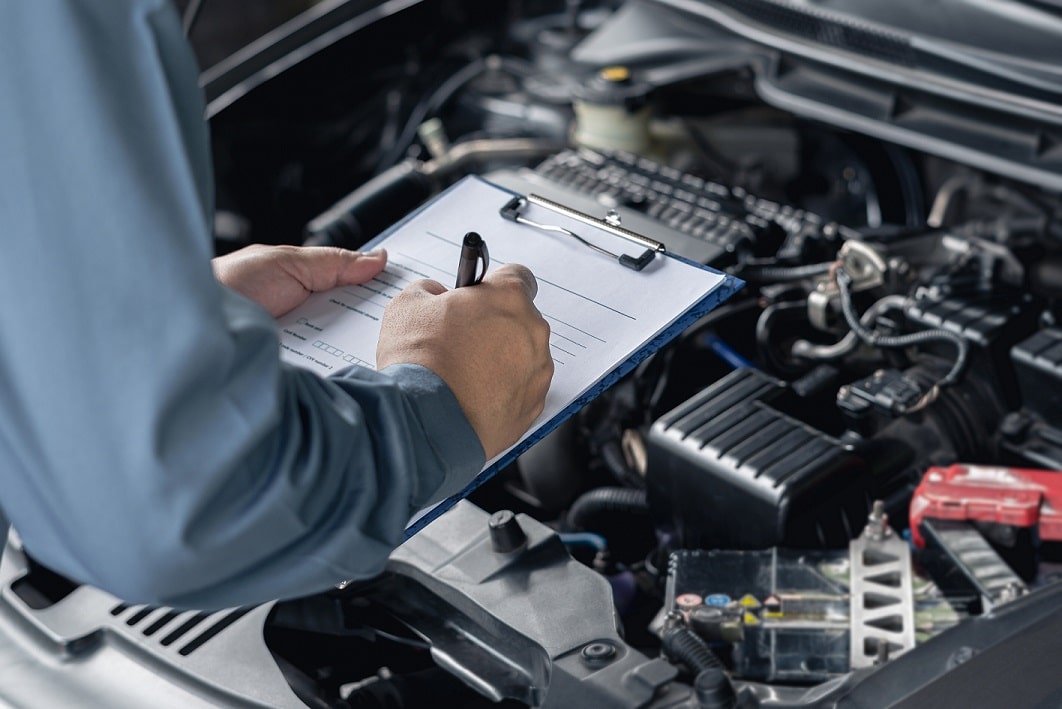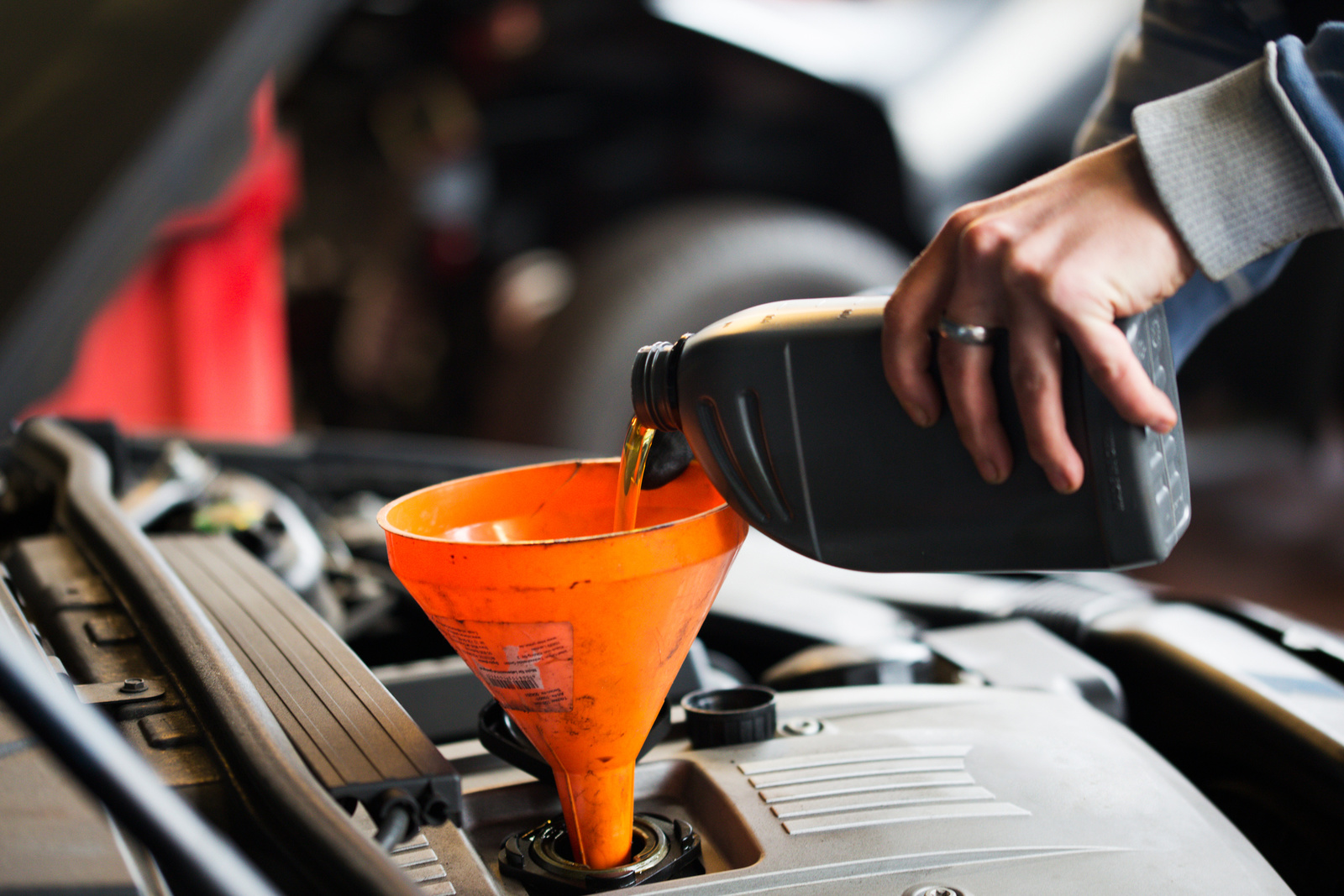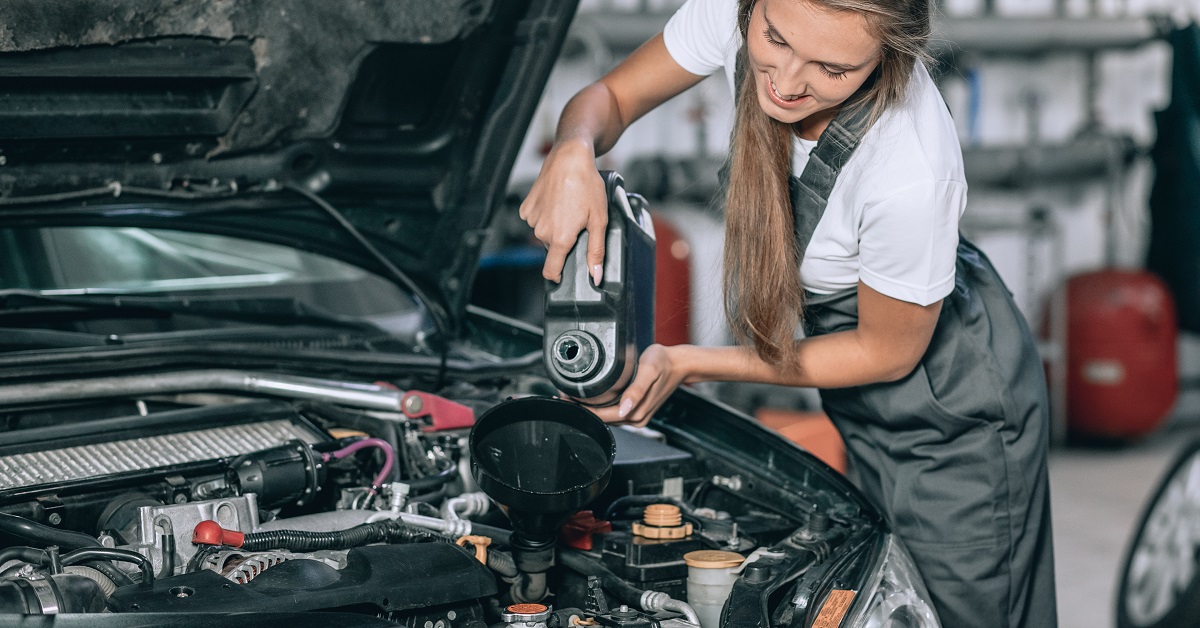All Categories
Featured

Car fluids play crucial functions in making sure smooth operation, safety, and durability. Below, we'll discover the relevance of monitoring and maintaining your automobile's liquids and ideas for doing so efficiently.
- Engine Oil: Shielding Important Components. Engine oil ensures that the moving components of your engine remain oiled, minimizing friction and stopping getting too hot. With time, engine oil breaks down or ends up being contaminated, reducing its efficiency. Without correct lubrication, engine parts can wear swiftly, resulting in decreased efficiency or complete failure.
How to Maintain: Examine the oil degree using the dipstick and complement if required. Follow your automobile's service routine for oil changes, commonly every 3,000 to 7,500 miles, relying on the type of oil and your driving practices. 2. Coolant: Handling Engine Temperatures. Coolant, or antifreeze, aids manage your engine's temperature level, protecting against getting too hot in summertime and freezing in winter. As it distributes, coolant takes in excess warmth and eliminates it with the radiator. With time, pollutants can develop, or the fluid may deteriorate, lowering its efficiency.

Exactly How to Keep: Frequently inspect coolant degrees in the reservoir and examine for leaks or staining. Flush and replace coolant as recommended, normally every two to five years. 3. Transmission Fluid: Smooth Gear Procedure. Transmission liquid lubricates the transmission system and makes certain smooth gear changes. A properly maintained transmission fluid avoids overheating and shields internal elements from wear. Falling short to preserve this liquid can lead to costly repair work or substitutes.
Exactly How to Keep: Examine the liquid degrees (if your car has a dipstick for transmission liquid) and monitor its shade. Burned or dark liquid suggests it's time for an adjustment, frequently every 30,000 to 60,000 miles. 4. Brake Fluid: Ensuring Security. Brake fluid is vital for transferring pressure from your foot on the brake pedal to the braking system, enabling your car to quit properly. With time, brake liquid can take in moisture, decreasing its boiling factor and compromising stopping performance.
Exactly How to Preserve: Inspect the brake liquid degree and condition. Have it changed if it appears filthy or dark. Many suppliers recommend transforming brake fluid every two years or as needed. 5. Power Guiding Liquid: Easy Maneuverability. Power guiding fluid permits easy and smooth steering. Low levels or infected fluid can make guiding hard, enhancing the threat of crashes.
Just How to Keep: Examine the liquid consistently and re-fill if levels are low. Look out for leakages, which could result in guiding system damages if unsettled. 6. Windshield Washing Machine Liquid: Clear Presence. Though not connected to performance, windscreen washing machine fluid is crucial for keeping visibility. It helps keep the windshield clean, especially during poor climate or when dust accumulates.

Just How to Keep: Refill the storage tank as required and utilize washing machine fluid created for your climate to prevent cold or spotting. Finest Practices for Liquid Upkeep. Follow the Producer's Set up: Describe your vehicle's proprietor handbook for maintenance intervals particular to your auto. Monitor for Leaks: Spotting liquid leakages early can prevent serious damages. Search for puddles or stains under your vehicle. Utilize the Correct Fluids: Constantly utilize liquids suggested by your vehicle's maker to prevent compatibility issues. Pay Attention to Indication: Dashboard warning lights, weird scents, or uncommon performance can show fluid-related troubles. The Benefits of Regular Liquid Checks. Improved Efficiency: Liquids in good problem help all systems run smoothly. Expanded Life-span: Proper lubrication and cooling prevent early wear and tear on parts. Boosted Safety: Brake liquid and coolant are important for risk-free driving. Cost Savings: Attending to liquid issues early can protect against pricey repairs later. Conclusion. Monitoring and preserving your vehicle's liquids is a crucial however simple component of vehicle ownership. By devoting time to this crucial maintenance, you guarantee your vehicle stays reputable, safe, and reliable for many years to come. Routine liquid checks help stop failures and offer you satisfaction when driving. Whether it's oil, coolant, or brake liquid, remaining aggressive with maintenance is the crucial to long-lasting car wellness.
Latest Posts
Take Advantage of Special Auto Repair Offers in Chicago at Montclare Auto Repair
Published May 28, 25
1 min read
Explore the Greatest Auto Repair Discounts in Montclare, Chicago
Published May 26, 25
1 min read
Learn How to Save Big on Car Maintenance with Montclare Auto Repair’s Exclusive Deals
Published May 26, 25
1 min read
More
Latest Posts
Take Advantage of Special Auto Repair Offers in Chicago at Montclare Auto Repair
Published May 28, 25
1 min read
Explore the Greatest Auto Repair Discounts in Montclare, Chicago
Published May 26, 25
1 min read
Learn How to Save Big on Car Maintenance with Montclare Auto Repair’s Exclusive Deals
Published May 26, 25
1 min read